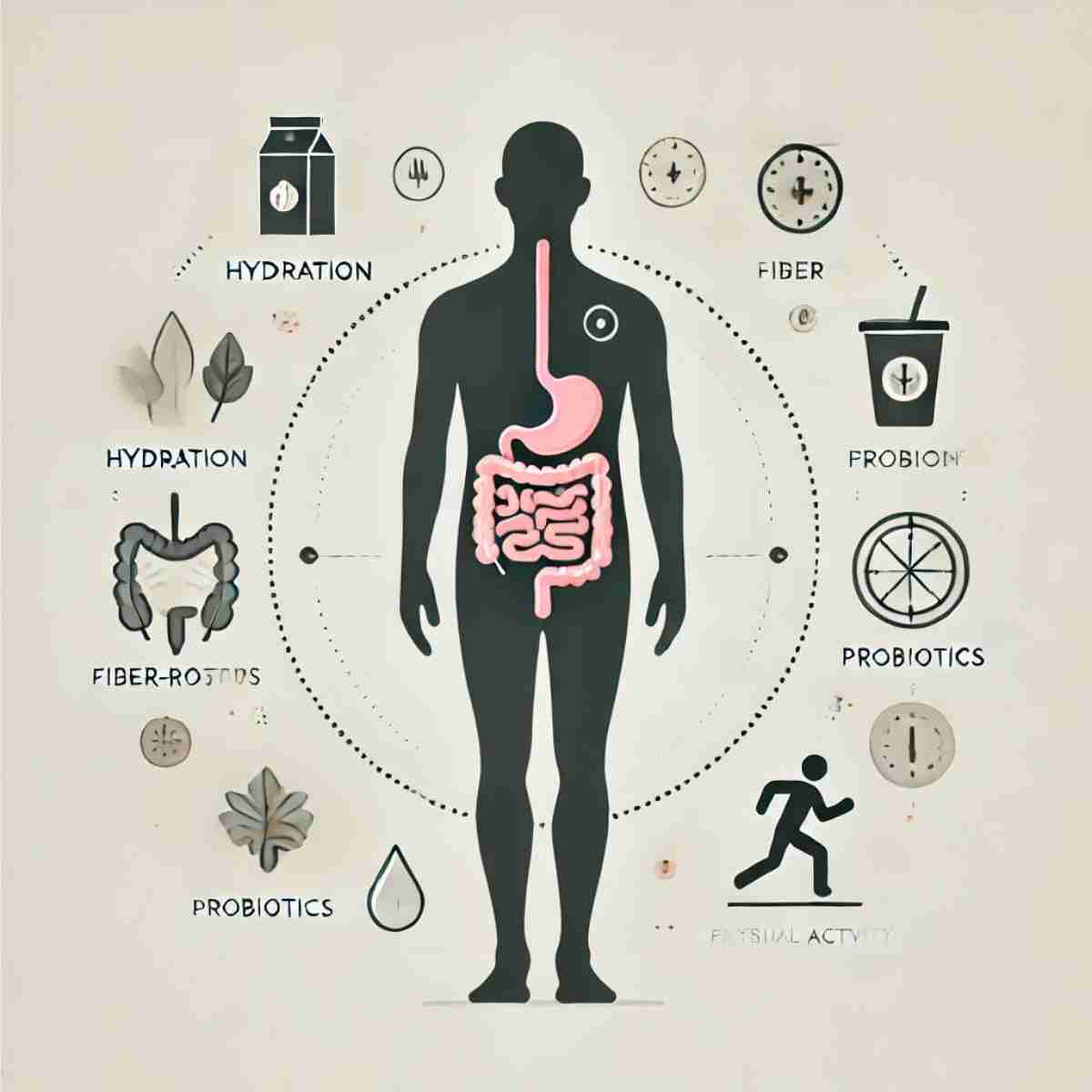Bulimia nervosa’s long-term effects can have several repercussions on the affected person. Regular cycles of binge eating and purging cause digestive problems including acid reflux, persistent constipation, and dyspnea. Regular vomiting exposes the body to stomach acid, which reduces bone density and causes tooth erosion and painful sores on the roof of the mouth, back of the throat, and cheeks, back of the throat, Dehydration and electrolyte abnormalities can also severely tax the heart, raising the likelihood of arrhythmias and long-term cardiovascular problems.
Beyond only the physical repercussions, bulimia nervosa has significant psychological impact. Those with the condition sometimes suffer with anxiety, despair, guilt or shame, which can lead to social disengagement and self-destructive actions. In severe circumstances, the emotional weight might cause one to consider suicide. Early intervention and therapy are absolutely necessary for bulimia since expert support helps people take control over their health and well-being. It is also a persistent disorder.
Sores on cheeks, back of throat, or roof of mouth
Bulimia is a chronic eating disorder that includes frequent binging and purging. It is not only harmful to the body, but it can also be fatal. Some of the effects of bulimia include low blood pressure, abnormal electrolyte levels, shortness of breath, and joint pain.
In addition to this, bulimics often develop dental cavities. The acids in the stomach erode the enamel of teeth. This wears away the protective covering on the surface of the teeth and leaves them vulnerable to hot and cold temperatures. Eventually, teeth will chip or become translucent.
Bulimia can also lead to a variety of throat issues. Repeated vomiting causes tears in the esophagus. If the esophagus is not treated, it can rupture.
Esophageal ulcers are very painful when they occur. They are caused by a chemical reaction between acid in the stomach and the tissue of the esophagus. These esophageal ulcers can be life threatening.

Low bone density
One of the long term effects of bulimia nervosa is low bone density. This is a common medical complication of the disorder. It can cause debilitating fractures. Fortunately, it is treatable.
However, current treatment and prevention guidelines need to be better established. In order to address this, we conducted a systematic review of published research on this topic. The review was designed to synthesize key trial results. These studies were selected based on their journal impact factor, the number of subjects included, and the age range of participants.
Several mechanisms contribute to AN-associated bone loss. They include low estrogen and IGF-1 levels, hypercorticism, and vitamin D deficiency. We evaluated the prevalence of these disorders in anorexic and bulimic women and their association with bone mineral density.
Reoccurring binging and purging episodes
If you are experiencing frequent episodes of binge eating and purging, you are suffering from bulimia nervosa. It is a very serious disorder. This condition affects both physical and emotional well being. You should seek help from a qualified professional to get treatment.
Bulimia nervosa is a serious condition that may cause a person to have dehydration and low potassium levels. These problems are often associated with high rates of suicide. Some people who have the disorder may also experience other symptoms, including pain in the throat, sores in the mouth, and brittle nails.
Typically, bulimic individuals either purge or don’t purge. In the purging type, you use laxatives, excessive exercise, and self-induced vomiting to get rid of food. Alternatively, you can try fasting or misusing diuretics to avoid eating.
Bulimia nervosa long term effects – GI symptoms
Binge eating and subsequent purging are hallmarks of the mental illness known as bulimia nervosa. Several additional health issues have been connected to it. The condition can be particularly harmful to the digestive system.
People with bulimia may suffer from heartburn or acid reflux, constipation, and diarrhea. They may also have problems with their teeth. Their gums can become damaged and their teeth may change color or shape.
Frequent vomiting can cause a painful mouth sore, and the stomach acid from the vomit can damage vocal cords and the enamel on the teeth. Vomiting with force can rupture blood vessels in the eyes.
Bulimia also increases the risk of broken bones and osteoporosis. A lack of calcium can lead to weakening of the bones. In addition, it isn’t easy to maintain a healthy weight.
Suicide rate
Bulimia nervosa is a serious eating disorder. People suffering from BN are at a higher risk of suicide than the general population. Suicide risk can be influenced by a variety of circumstances. These include the use of self-induced vomiting, bingeing, and purging. It is important to address this issue and ensure that people with a history of these behaviors get treatment.
In the United States, bulimia nervosa is the most prevalent form of eating disorder. Approximately 20% of people with an eating issue have also tried suicide. Approximately 20 to 40 percent of anorexics report a lifetime attempt, while about a third of bulimia patients also have tried suicide.
Related Article: Food Aversion Therapy
